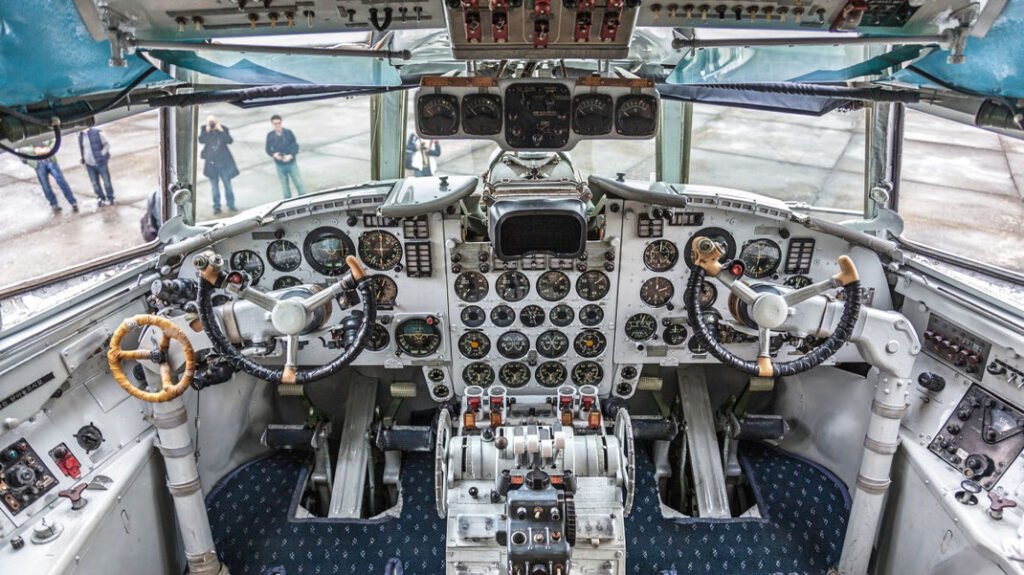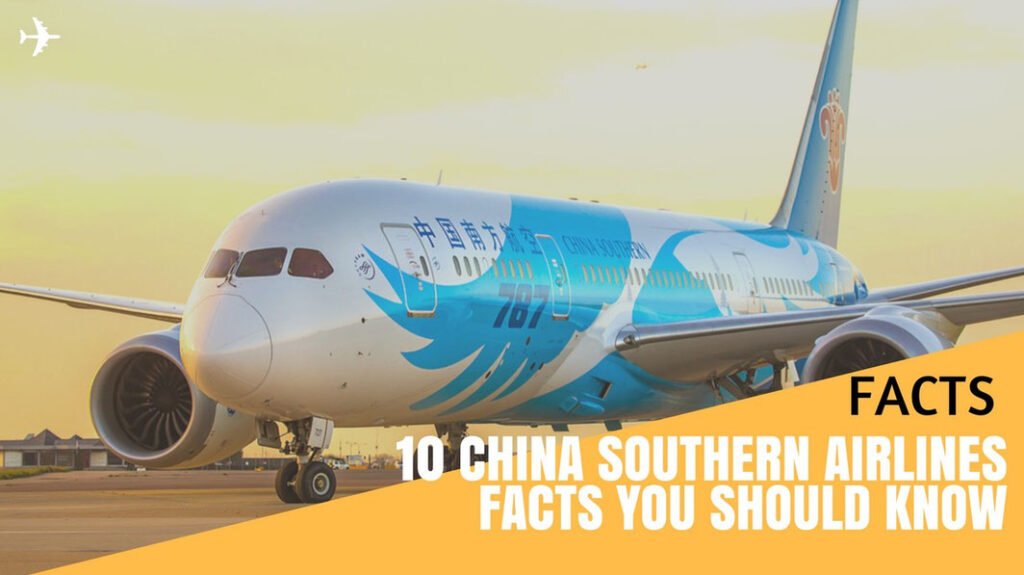Air marshals have a certain mystery about them. Most passengers know that one may be on board but have no idea who that person is. We answer 10 burning questions most people have about air marshals.
- 1. Is There an Air Marshal on Every Flight?
- 2. What Does an Air Marshal Do?
- 3. How Does One Become an Air Marshal?
- 4. Why Is the Identity of an Air Marshal Kept Secret?
- 5. Do The Flight Crew Know Who The Air Marshal Is?
- 6. How Many Air Marshals are on a Flight?
- 7. How Can I Spot An Air Marshal?
- 8. Do All Countries Have an Air Marshal Program?
- 9. What Type of Suspicious Behavior Do Air Marshals Look For?
- 10. Do Air Marshals Get to Travel and Party Around the World?
1. Is There an Air Marshal on Every Flight?
No, not every flight has an air marshal. In the United States., less than 1% of flights have an air marshal. With approximately 44,000 commercial flights operating every day across the U.S., the Federal Air Marshal Service (FAMS) can’t place an air marshal on every flight.
So how does FAMS decide which flights to assign an air marshal to? They use risk assessment software that analyzes the probability of threat based on the aircraft, departure city, flight path, destination cities, and the amount of fuel onboard.
2. What Does an Air Marshal Do?
The job of an air marshal is to detect behavior that indicates a possible threat and intervene in a hostile act, such as a terrorist attack, on a commercial flight. Terrorist threats are not the only scenario air marshals may face. If a drunk passenger becomes violent, the air marshal will also step in to subdue the passenger. Air marshals are also involved in risk analysis and investigative work on ground to reduce the risk of terrorist attacks.

3. How Does One Become an Air Marshal?
The U.S. Federal Air Marshal Service falls under the Transportation Security Administration
(TSA). Here are the requirements to become an air marshal:
● You must be a United States citizen, be between 21 and 37 years old, or have prior federal civilian law enforcement experience.
● A bachelor’s degree is required. A degree in criminal justice is a good choice as you will learn about about criminal law, federal law, and the protocol around terrorism threats.
● When applying for an air marshal job, candidates face a panel interview, psychological assessment, medical examination that includes a drug test, polygraph test, physical training assessment, and background investigation.
● Once joining the program, air marshals undergo a 16-week training program that includes 36 days at the Federal Air Marshal Service Training Program-I (FAMSTP-I) in New Mexico. There’s also an advanced 43-day FAMSTP-II in New Jersey. Air marshals are trained to evaluate potential risks, react calmly in life-threatening situations, learn mission tactics and defensive measures, and are trained to use firearms and engage in hand-to-hand combat in confined spaces with no backup.
4. Why Is the Identity of an Air Marshal Kept Secret?
The identity of air marshals is deliberately kept secret to place them in the best position to successfully thwart threats. Imagine if a terrorist knew who the air marshal is? The terrorist could try to restrain or eliminate the air marshall first before carrying out their plan. Another reason for the anonymity is because air marshals carry firearms. If someone with bad intentions got hold of the gun, they could place everyone on board in danger.
5. Do The Flight Crew Know Who The Air Marshal Is?
Yes. Armed passengers, like air marshals and law enforcement officers, are introduced to the cockpit and cabin crew. Their ID is checked and the crew are told which seat they will occupy. Airlines always keep two seats open in case air marshals join the flight.
6. How Many Air Marshals are on a Flight?
Generally, a domestic flight carries one or two air marshals, while an international flight can have up to four.
7. How Can I Spot An Air Marshal?
The typical signs to look out for are that they are usually unaccompanied passengers who board at the last moment, take carry-on luggage only, and have an aisle seat near the back of the plane. During the flight, they never sleep, even on long-haul flights.
If you have a really keen eye, you may be able to spot an air marshal wearing a fancy police challenge coin.

8. Do All Countries Have an Air Marshal Program?
No. Countries that use air marshals, also called sky marshals, are Australia, Austria, Canada, India, Ireland, Pakistan, Singapore, the United Kingdom, and the United States. Some airlines also use sky marshals. Israel’s national carrier, El Al Airlines, is the only airline that has a sky marshal on every flight.
9. What Type of Suspicious Behavior Do Air Marshals Look For?
According to Clay Biles, a former Navy Seal who served as an air marshal, marshals look for individuals showing signs of stress — like nervous, twitchy, fidgety, or flustered behavior. If someone is looking around constantly and avoiding eye contact with law enforcement officials, it raises suspicions.
10. Do Air Marshals Get to Travel and Party Around the World?
There is a perception that air marshals are partying in every city or country they land in. There is some truth in this. FAMS has had to deal with incidents of some U.S. air marshals throwing caution to the wind. In terms of exploring the world as a tourist, there’s little time for that. Even on long domestic flights, like New York to LA, marshals may stay overnight and travel back in the morning. On international flights, there’s often only 1 to 1.5 days before returning.
In most instances, flights come and go without incidents making the air marshal’s job fairly uneventful. For passengers, though, it is reassuring to know that a trained officer may be onboard to respond to a dangerous or life-threatening situation. Next time you’re flying, see if you can spot the mystery passenger.


